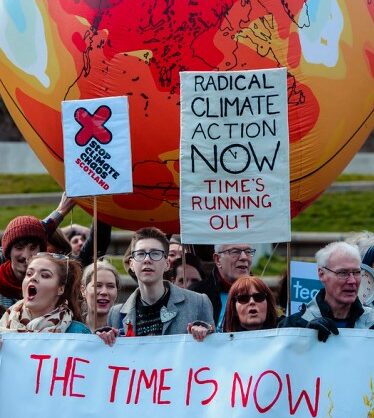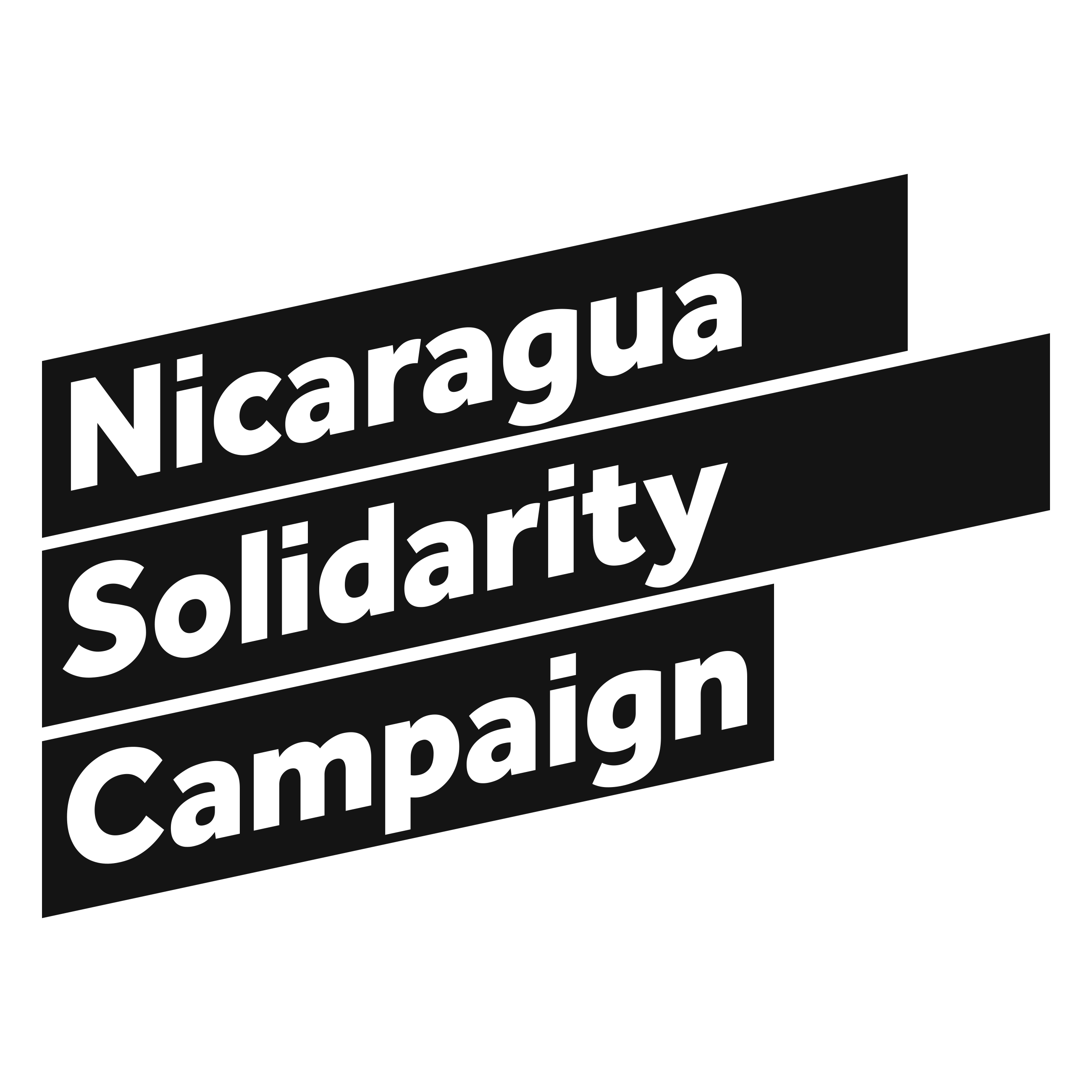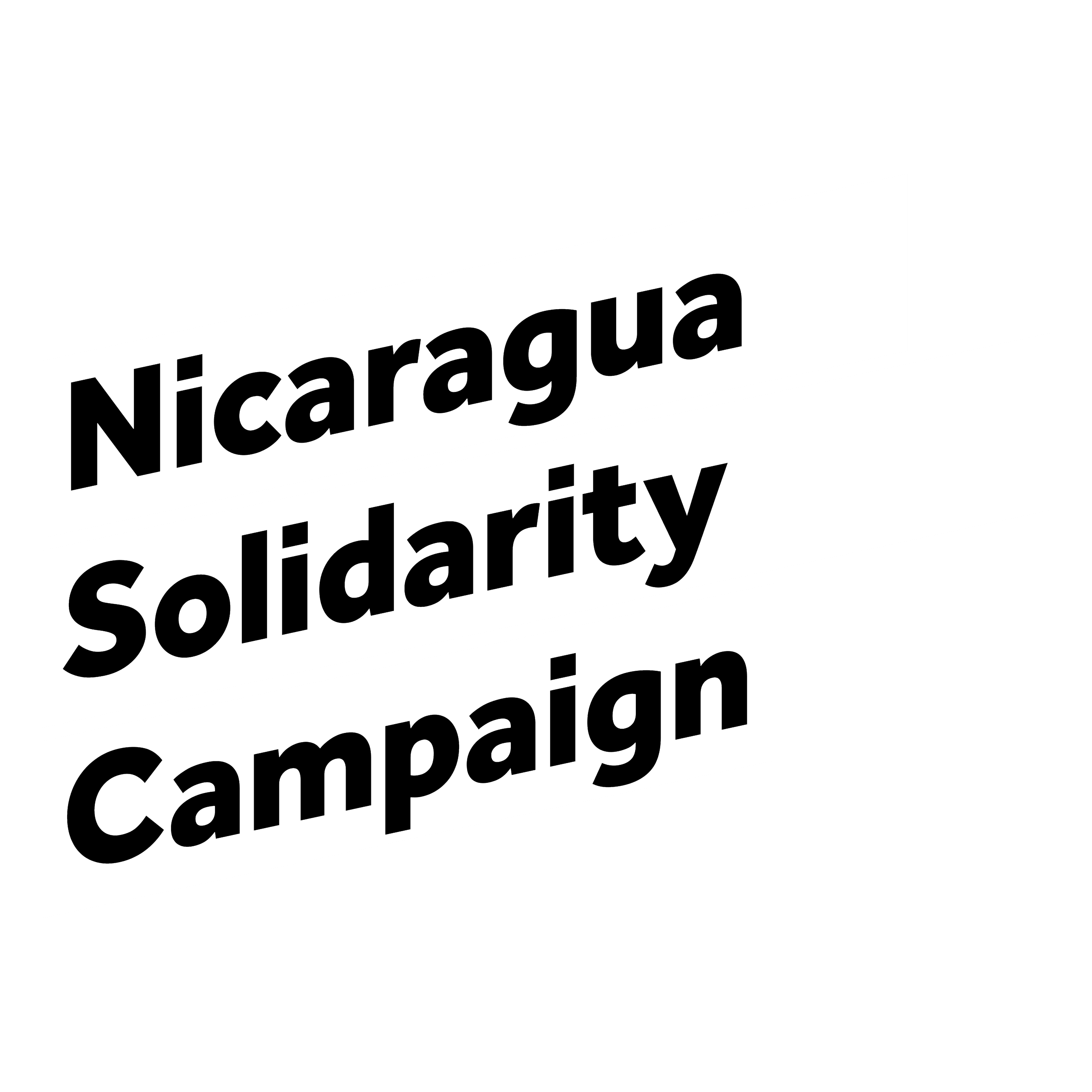
COP26: ending eternalism on a planet with finite resources
A year ago two hurricanes of unprecedented strength and frequency struck Central America , yet another example of the impact of the climate crisis on countries least responsible for its causes.
As COP26 negotiations reach a critical point, will the ten most industrialised that emit 83% of global carbon emissions take responsibility for making compromises commensurate with the enormity of the crisis, particularly as it already impacts countries of the Global South?
So…what is Nicaragua’s position, as a country of the Global South, on the climate crisis and COP26?
On the shortcomings of the Paris Agreement (from articles by the late Dr Paul Oquist, Nicaragua’s representative to COP21 and former co chair of the UN Green Climate Fund)
- The Paris Agreement represented a rescue of governments of the countries which have caused global warming, passing the cost to those least responsible who will die in the largest numbers unable to make good their losses, much less adapt to a change in climate increasing in intensity as the century wears on.
- The Paris Agreement does not transform nor even inconvenience the current model of production, consumption, finance and lifestyle, which is unsustainable. After Paris, the stock markets of the world yawned. They foresaw no impact on the anti-values which drive limitless, endless and senseless accumulation and consumption.
- The Paris agreement does not solve problems but simply postpones them. It also reduces the pressure on the model by being voluntary and having mandatory targets that fluctuate according to the results of the Intended Nationally Determined Contributions (INDCs) exercise every 5 years.
On short termism and the ‘logic’ of capitalism
- The formula humanity has used to date is based on transforming nature. We have become alienated from the natural environment by the capitalist myth of eternalism: ’limitless, mindless growth of production and consumption on a planet with finite, rapidly degrading resources.’
- Despite the high level of social and economic destruction caused by Covid-19, its impact on humanity will be ‘small, transient and recoverable ‘ compared to the total, permanent, and irreversible damage caused by the catastrophic destruction of climate extremes.
On Nicaragua and COP26 [key points from a speech by Nicaragua’s foreign minister Denis Moncada at COP26 Tuesday 9 November ]
- Nicaragua firmly believes in multilateralism to address the Climate Crisis, the Crisis of Values, the term ‘ Climate Change’ is already history. We are living a real climate crisis that threatens the existence of humanity.
- The problem is clear: 10 industrialized countries emit 83% of global emissions, while the 100 countries with the lowest emissions account for only 3%.
- Nicaragua has presented four Declarations to this COP, which are vital to global efforts to reverse the catastrophic effects of climate change:
- Declaration of Central America and the Caribbean as a region highly vulnerable to extreme weather events.
- Declaration to raise Loss and Damage to the same category as Mitigation and Adaptation.
- Declaration on the Urgency of Preserving and Recovering Forests, which is why Nicaragua has signed up to the World Declaration to Preserve Forests at COP 26.
- Declaration on Climate Justice with Redress, as the basis of the principle of Common but Differentiated Responsibilities and Respective Capabilities.
On illegal coercive measures (sanctions)
The illegal Unilateral Coercive Measures must cease immediately, in order to guarantee stability, Peace, compliance with climate goals, respecting the legitimate Right to Development of the families, peoples and nations of the world. [This is in line with a tweet by Pope Francis on 16 October calling on ‘Powerful countries to stop aggression, blockades and unilateral sanctions against any country anywhere on earth and that conflicts be resolved in multilateral fora such as the United Nations.’]
On social, economic and climate justice
Nicaragua is convinced that the most effective way to address the climate crisis is to fight poverty, with human development, to improve productivity based on sustainable approaches, and [an international ] climate of cooperation and respectful collaboration between States and Societies.

